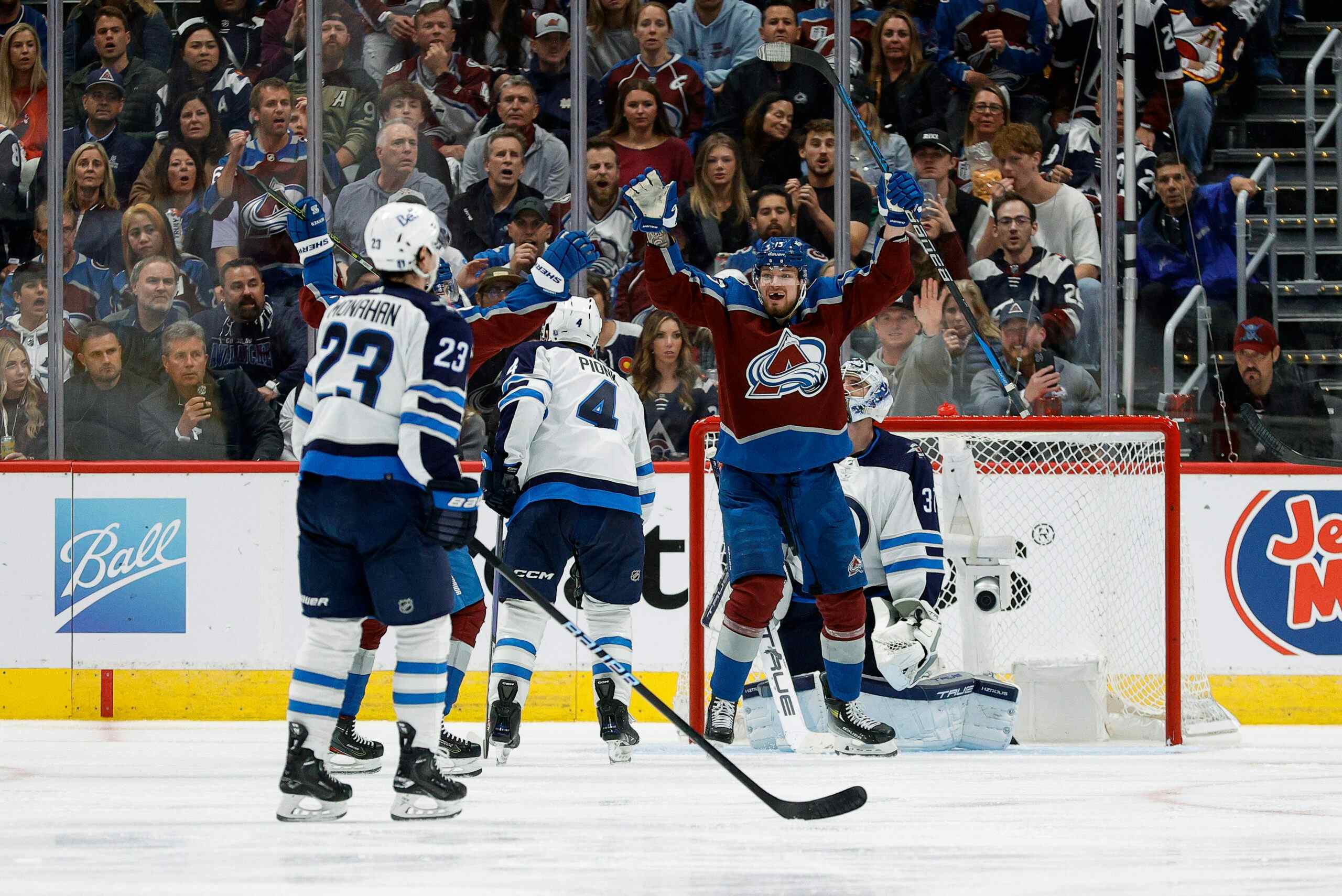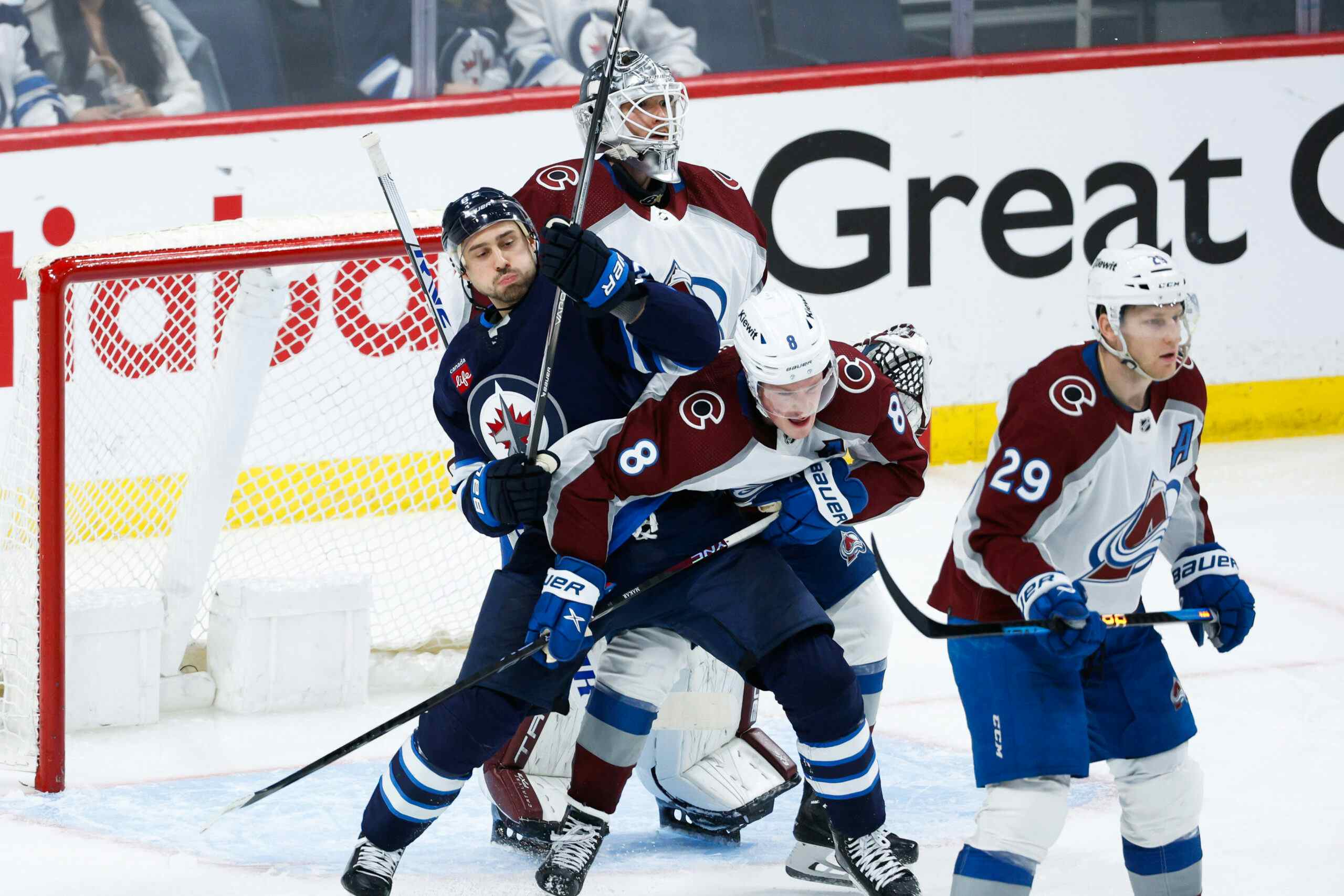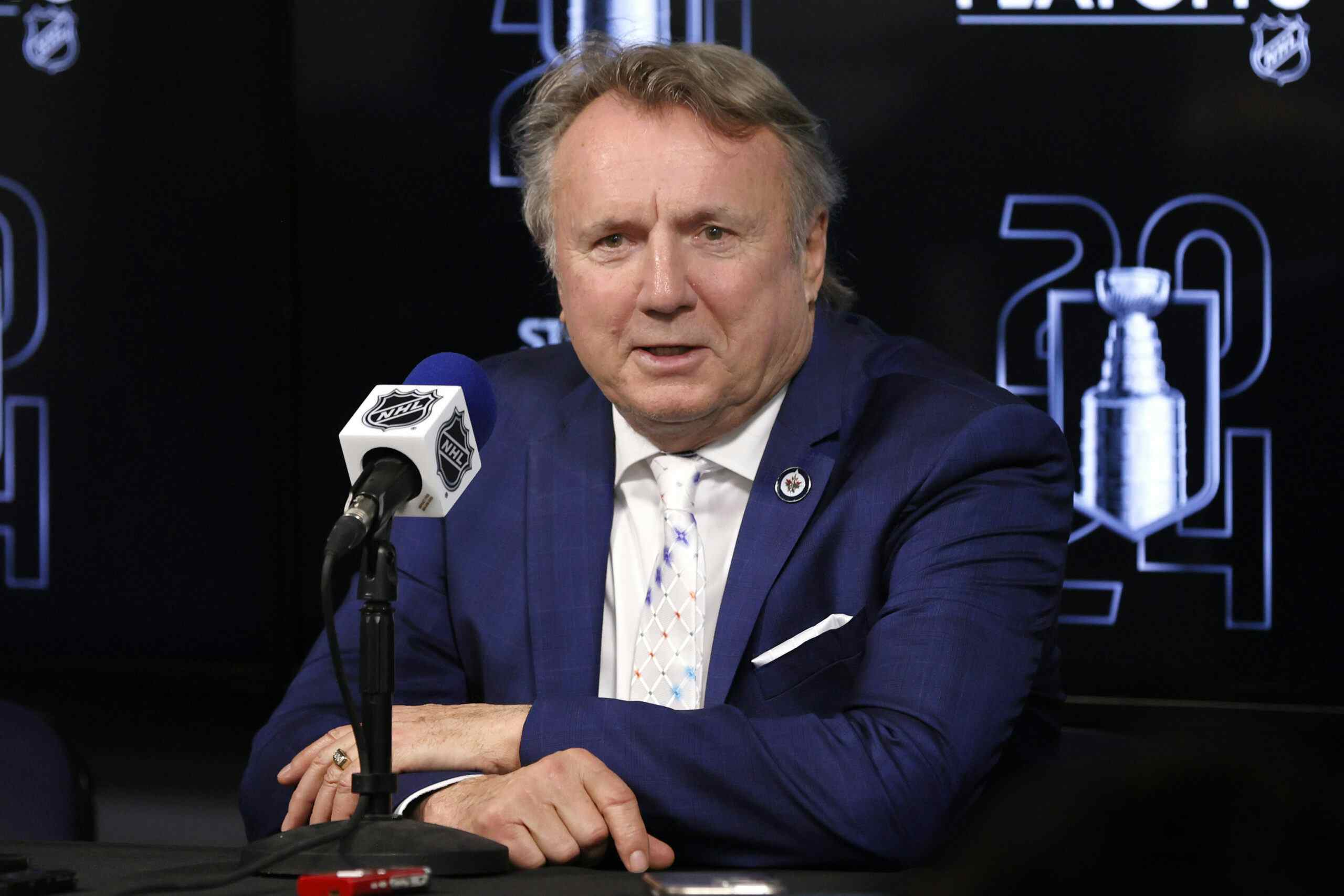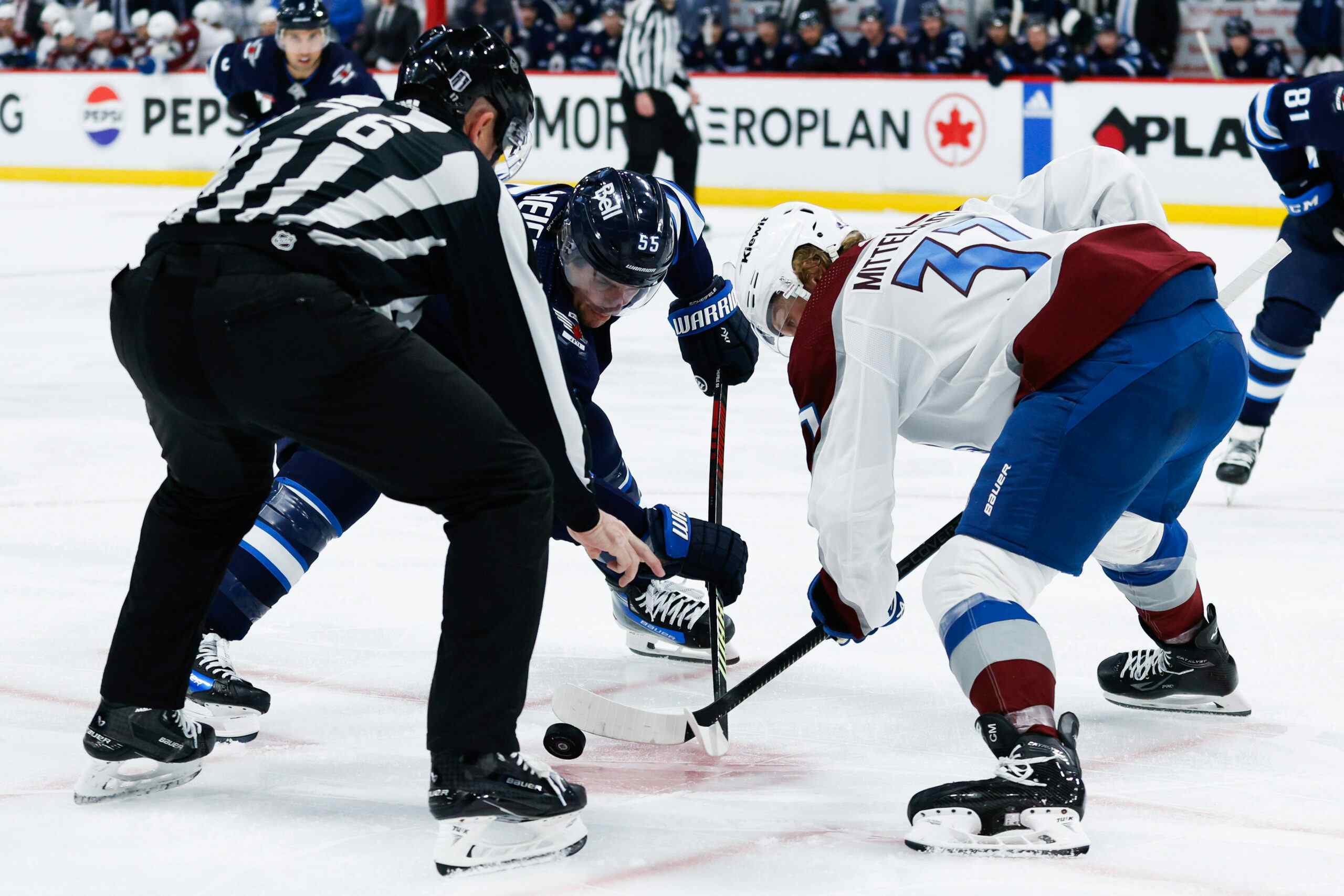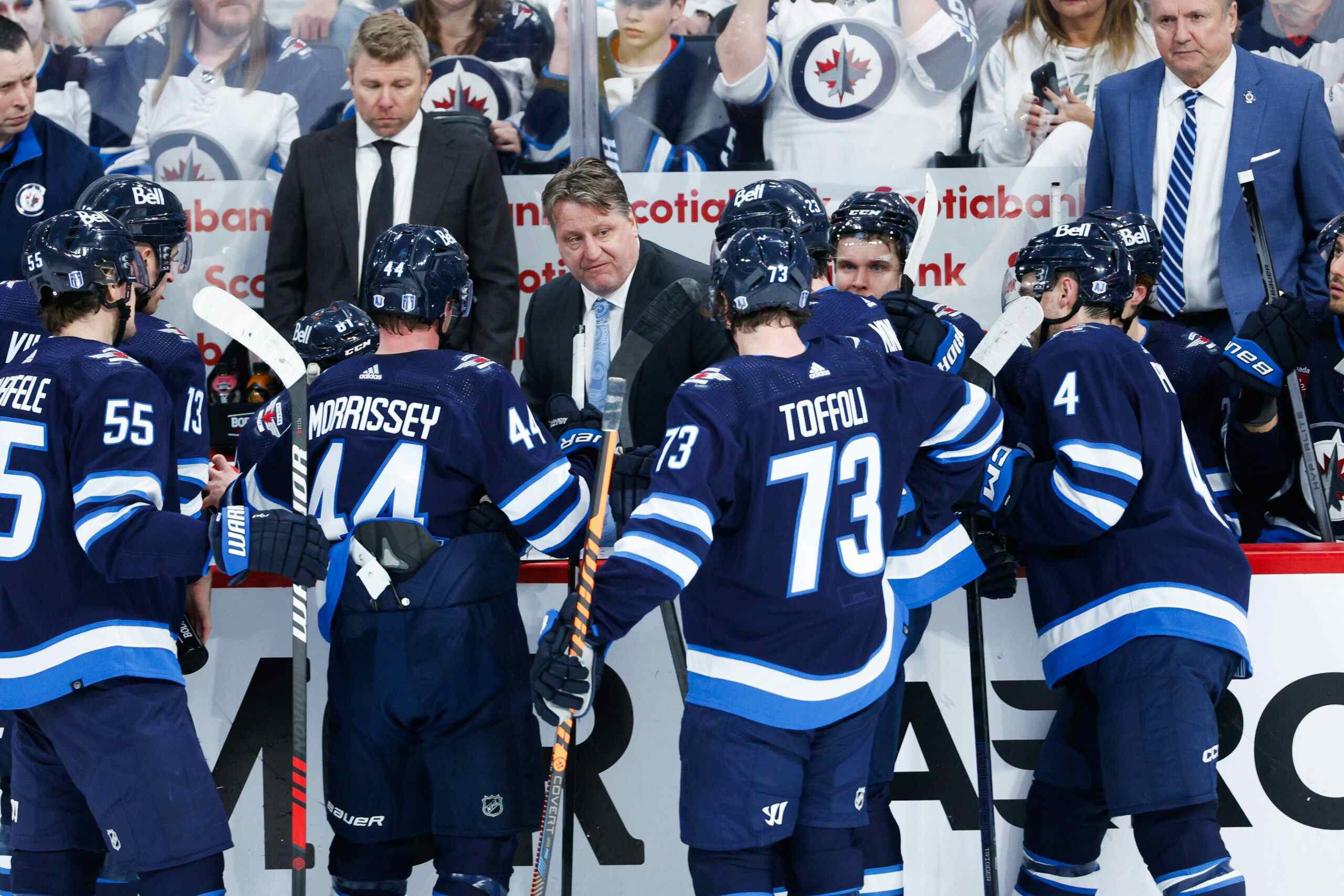CBA NEGOTATIONS HAVE BEEN A FLOP, BUT NOW TAKE A TURN

It took a long time, but it looks like we’re now at the final table in this high stakes game of poker that is the NHL CBA negotations.
And yes, this this is and always has been a heads up game. Neither you, nor I, nor any of the tens of thousands tens of hundreds tens out there that organized or took part in sit-ins, petitions or protests have a seat at this table, despite the fact that both sides are playing with our money.
Although, is this really any different that the real world? I mean, this pretty much describes our government institutions, and even more so the professional gamblers on the investment banking circuit that nearly blew up the house of cards that is our global financial system.
But I digress. Let’s have a look at where we are heading into this final round…
The NHL has been trying to bluff its way to the pot at every turn. The best part was when they tried to buy the pot using the players’ money:
Meanwhile, the NHLPA has essentially been slow-playing throughout the entire process, thinking that they have the upper hand with the threat of decertification as their hole card. Fehr’s strategy has been to call the NHL’s bluff every time, has definitely paid off until now. However, at some point, suddenly, the bluffing will stop:

Which brings us to the events of last week.
If you recall, I made the case that the NHL was only engaging in the players/owners only meeting as a way to deflect the conversation away from talk of decertification and that likely nothing meaningful would come out of such a widely publicized meeting. I’m not sure I was completely right, but I don’t think I was completely wrong. Either way, I don’t really care as long as it was mildly entertaining.
So, what actually happened last week?
After lots of feel-good discussion, the NHL once again tried to buy the pot, and this time they even used some of their own money. So they brought the total "make-whole" amount up to $300 million, expecting the players finally fold on contract rights and to agree to a ten year CBA. There are a couple of interesting wrinkles here.
First, I was actually quite surprised at this move on the NHL’s part. I’ve always thought that the contract rights were just yet another bluff on the part of the NHL, and that they would pull back on them in exchange for a higher ante from the players. But no. Here they were going the other way. Why?
The players, and some commenters, seem to think that the restriction on contract length would create two tiers of player contracts. Elite players would demand higher dollar values than they do now because they can’t get the longer terms. This would, theoretically, squeeze out the middle class of players and leave teams with highly-paid, elite players, and everybody else fighting over the scraps. I don’t necessarily buy this. J.J. from Kansas over at Winging It In Motown doesn’t either and he goes through some of the reasons why. I’m not sure I’m fully on board with his assessment, but in general I just don’t see teams putting all their eggs in one basket by blowing most of their cap hit on one or two players. Hockey is not basketball in so, so many ways, so why are we worrying about getting an NBA style stratification in salaries?
Furthermore, this does nothing to explain the NHL’s reasoning for wanting to limit contract term. In fact, a two-tier salary system is actually the opposite of what I think they’re looking for. If anything, these contracting restrictions are intended to supress top salaries and make it easier for smaller-market teams to hang on to their own players (thus the extra two year incentive for players to re-sign with their own teams). So while elite players might demand higher dollars, there salary cap plus the 5% year-to-year variance on contracts will quickly act as a natural limit on how much invidual players might be able to get, no matter how elite they are.
So if you’re a large market team, you might break the bank and poach a top-tier free agent, if you don’t already have some on your roster, but then you’re done because you’re out of cap room. Or else you bid up prices less in an effort to land more than one. So either more players are left on the market, increasing the supply, or there is lower willingness to pay; both should lead to suppressing salaries enough that the two-tier system will be unlikely to materialize. Sure, the generational players will still get top dollars, but there are not enough of them to squeeze out the middle-class.
From the NHL’s perspective, I think, the contracting issues are intended to increase competitiveness of the small market teams. They don’t affect overall salary dollars, since that is set by the 50-50 split in HRR, but they will potentially suppress higher-end salaries, which, if anything, would free up dollars for the middle class.
The other interesting issue that arose out of the NHL’s offer was the demand for a 10 year term for the CBA. This, I believe, was a new request that came completely out of the blue. Again, the question is why?
To this, I have a simple answer: the NHL does not want to deal with Donald Fehr ever again.
Bettman destroyed Goodenow last time and he wants to do it again. The NHL has consistently tried to undermine, bypass or besmirch Fehr. And if you take a look at the results of the latest Nation poll, you’ll see that it’s working:

Fehr is outpolling Bettman by more than 2:1. BETTMAN.
Anyway, last week the owners managed to sideline Fehr for a bit, and once they had a taste of it, they wanted to make it permanent. He’s dangerous, and they know it. It’s not the decertification that they’re worried about, it’s the continuation of the salary cap. It’s widely accepted that Don Fehr would love to get rid of the salary cap system, and given the opportunity, he would make a play for it. But lock the players in for 10 years, and it’s highly unlikely that Fehr would be around for the next set of negotiations:

And sure enough, the Fehr fears were quickly realized when he re-entered the picture last week.
Just when Bettman thought he had played his hand perfectly, there came Fehr with the last minute check-raise. If you’re not up on poker terms, a check-raise is when you passively sit back and wait for the other player to make a bet before coming in over the top at the last minute. There is a hockey equivalent, but it’s not quite the same:

The point is that Bettman did not take kindly to this. The last straw maybe have been seeing Fehr up there in front of the media telling everyone how they were agreed on money and that a deal was close. First of all, Fehr had broken one of the cardinal rules of poker:

Seriously. Look it up.
Secondly, and more importantly, nobody likes a bad beat, least of all Bettman. Or for that matter, members of the media:

An example of a bad beat in poker might be if you go all-in with trip Kings after the flop, but your opponent calls you while holding an off-suited Jack-seven and then hits an inside straight runner-runner. Now THAT is a bad beat. But this is not to be confused with highly decorated four star generals:

But after Fehr’s performance, Gary Bettman pulled a brilliant imitation of Phil Helmuth ranting about bad beats in front of one and all.
Now, there was some discussion that Bettman’s rant was aimed at the owners side. That he was treading on thing ice and trying to shore up support among the more moderate owners to hold the course on the NHL’s negotiating strategy and see it through to the end.
I disagree. That performance was aimed squarely at the players. This time it was Bettman that was calling Fehr’s bluff. And he wanted to convey to the players the seriousness of the situation. Bettman went all in last week, and when negotiations resume this week it’s time to lay all the cards on the table and split the pot.
My only hope is that this NHL season isn’t drawing dead.
In closing, it’s quite apparent that Bettman and Fehr are both half-decent poker players. And that’s part of the problem. Neither of them was good enough to end this quickly. If only the players had Luongo involved from the beginning, this would have been over long ago:

RECENT GRAPHIC COMMENTS
Recent articles from Graphic Comments

